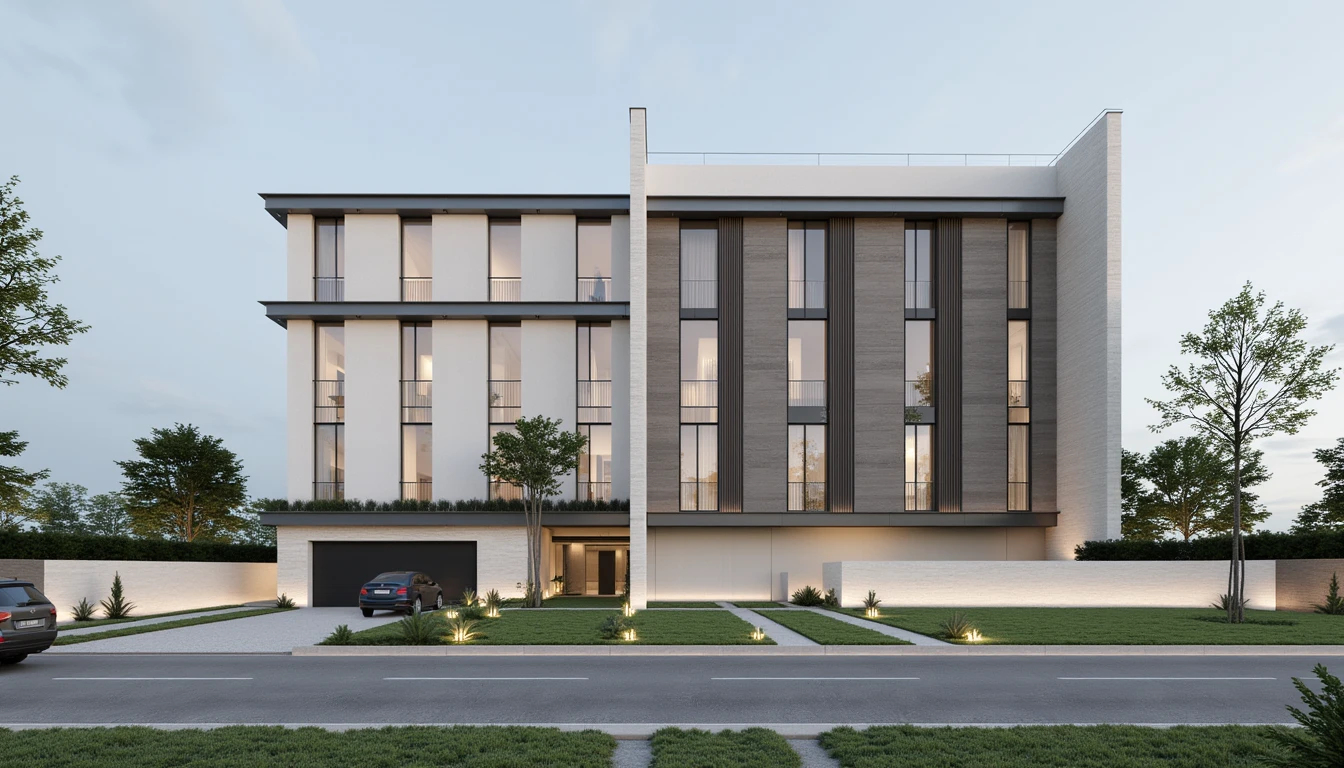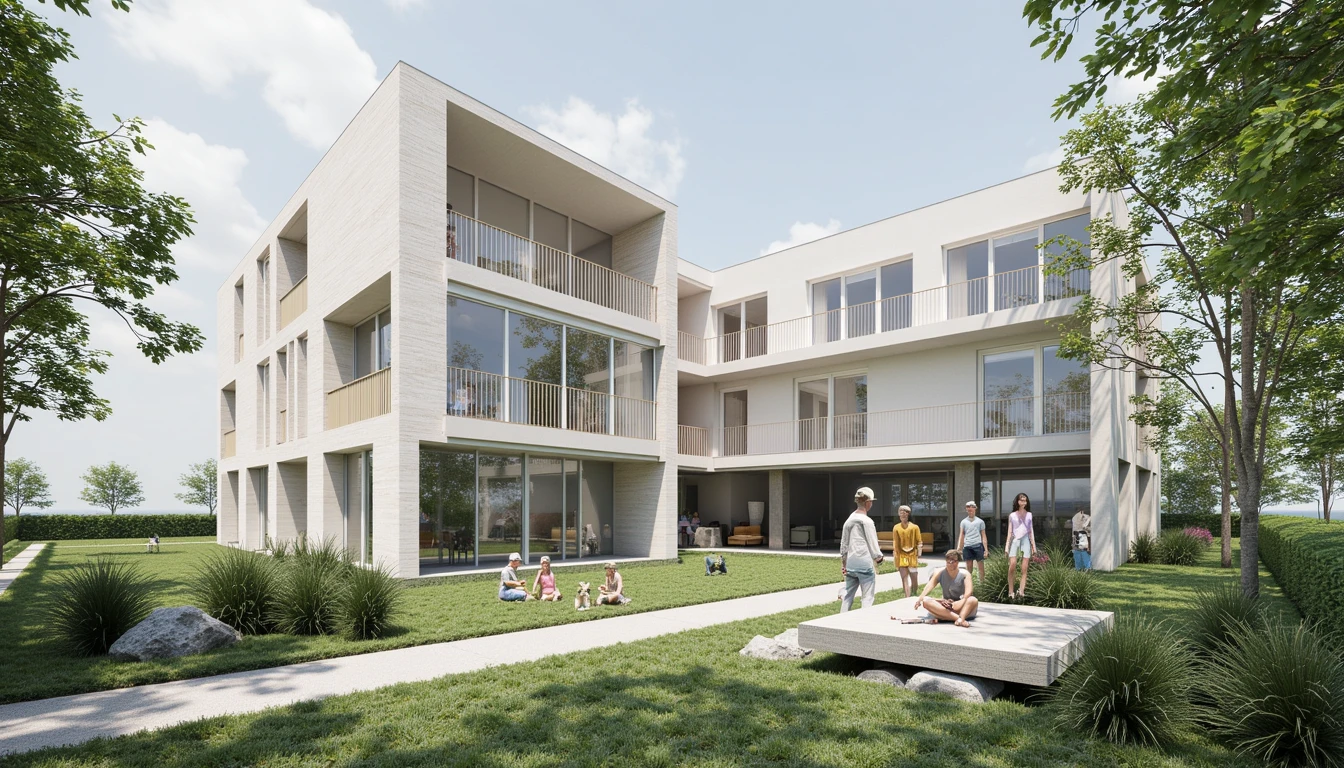Introduction to BIM Integration Services

Building Information Modeling (BIM) has revolutionized the architecture, engineering, and construction (AEC) industry. BIM integration services take this a step further by connecting disparate software and workflows, enabling seamless data exchange and collaboration across project teams. This comprehensive approach facilitates better decision-making, reduces errors, and optimizes project outcomes from design to construction and beyond.
Understanding the Core Benefits of BIM Integration
Enhanced Collaboration and Communication
BIM integration fosters a centralized platform for all project stakeholders, architects, engineers, contractors, and clients. This shared environment promotes transparent communication, reduces miscommunication, and streamlines the decision-making process.
Improved Coordination and Clash Detection
Integrated BIM models enable early clash detection, identifying potential conflicts between different building systems (e.g., structural, MEP, architectural). Resolving these clashes in the virtual environment saves significant time and costs during construction.
Optimized Project Scheduling and Cost Control
BIM integration allows for accurate quantity takeoffs, cost estimation, and 4D scheduling. This data-driven approach provides better control over project budgets and timelines, minimizing potential delays and cost overruns.
Key Components of BIM Integration Services

BIM Model Development and Management
Creating and managing accurate, detailed BIM models is the foundation of successful integration. This involves using advanced modeling software and adhering to industry standards.
Data Exchange and Interoperability
Seamless data exchange between different software platforms is crucial. BIM integration services utilize open standards like IFC to ensure interoperability.
Collaboration Platforms and Cloud Solutions
Cloud-based platforms facilitate real-time collaboration and data sharing among project teams, regardless of their location.
BIM Integration in Architectural Visualization
Creating Immersive Design Experiences
Integrated BIM models can be used to generate high-quality renderings, animations, and virtual reality experiences, allowing clients and stakeholders to visualize the project in detail.
Facilitating Design Reviews and Approvals
Interactive visualizations enable more effective design reviews, allowing stakeholders to provide feedback and approve designs more efficiently.
Leveraging PropTech for Enhanced BIM Integration

IoT Sensors and Data Capture
Integrating IoT sensors into the construction process allows for real-time data capture, providing valuable insights into project progress and performance.
AI-Powered Analytics and Insights
AI algorithms can analyze BIM data to identify potential risks, optimize resource allocation, and improve decision-making.
Digital Twins for Facility Management
BIM integration can create digital twins of buildings, providing a virtual representation of the physical asset for ongoing facility management and maintenance.
Industry-Specific Applications of BIM Integration
Healthcare Construction
BIM integration helps optimize complex healthcare facility designs, ensuring patient safety and efficient workflows.
Infrastructure Projects
Large-scale infrastructure projects benefit from BIM integration through improved coordination and cost control.
Residential Development
BIM integration streamlines residential design and construction, delivering high-quality homes efficiently.
Overcoming Challenges in BIM Integration
Data Security and Privacy
Protecting sensitive project data is crucial. BIM integration services must prioritize robust security measures.
Software Compatibility and Interoperability
Ensuring seamless data exchange between different software platforms can be challenging. Adopting open standards is essential.
Training and Adoption
Successful BIM integration requires adequate training and user adoption across project teams.
Future Trends in BIM Integration
Generative Design and Automation
Generative design algorithms can leverage BIM data to explore design options and automate repetitive tasks.
Extended Reality (XR) Applications
XR technologies, including augmented and virtual reality, will play an increasingly important role in BIM integration, enhancing visualization and collaboration.
Blockchain Technology for Data Integrity
Blockchain can enhance data security and transparency in BIM integration, ensuring the integrity of project information.
Choosing the Right BIM Integration Partner

Expertise and Experience
Selecting a BIM integration partner with proven expertise and experience in the AEC industry is crucial.
Technology and Solutions
Evaluate the partner's technology stack and ensure it aligns with project requirements.
Support and Training
Comprehensive support and training are essential for successful BIM integration implementation.
Conclusion
BIM integration services are transforming the construction industry, enabling greater efficiency, collaboration, and control over complex projects. By embracing these technologies and partnering with experienced providers, AEC firms can unlock the full potential of BIM and deliver successful projects that meet client expectations and industry standards. The future of construction lies in seamless data integration, and BIM is at the forefront of this evolution.